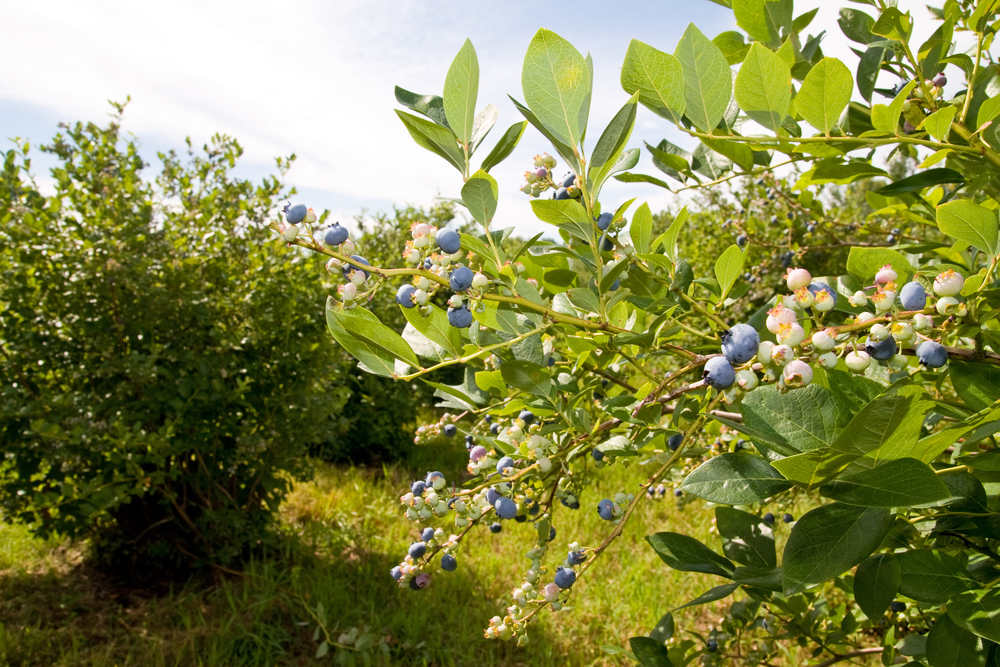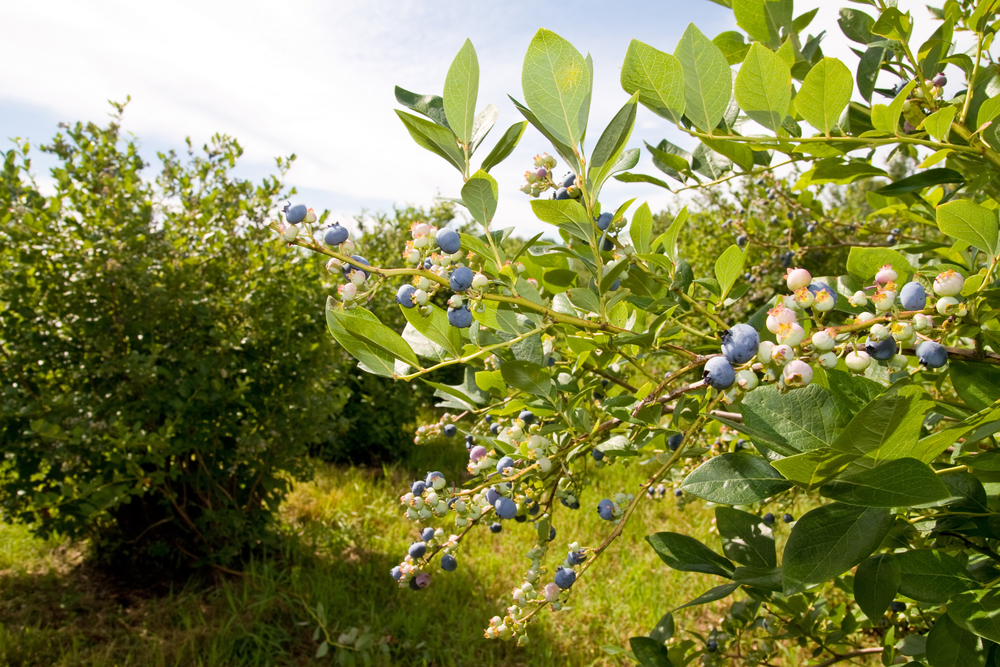By Karla Arboleda
Florida blueberry growers had a successful year in terms of numbers for 2019.

According to data from the University of Florida Institute of Food and Agricultural Sciences (UF/IFAS) and the Florida Blueberry Growers Association (FBGA), blueberry-growing operations have increased in acreage. Doug Phillips, blueberry Extension coordinator for UF/IFAS, said he surveyed growers to learn more about how the 2019 season.
“(With) about 47 growers from across the state, we talked about varieties … disease issues and pest issues,” Phillips said about the recent FBGA meeting. In 2019, Florida produced over 22.7 million pounds of blueberries.
PESTS AND DISEASES
While growers throughout Florida had successful seasons, they still looked to UF/IFAS for help with managing blueberry pests and diseases. Algal stem blotch was the main fungal challenge growers dealt with.
“Of the 47 (growers) we talked to, a little over half said that (algal stem blotch) had been an issue on their farm,” Phillips said. “That was followed by botryosphaeria stem blight, and the next most reported issue was chilli thrips.”
Phillips recommended the UF/IFAS Blueberry Breeding blog from Extension faculty as a resource on how to manage pests and diseases.
PRODUCTION AND POLLINATION
At the FBGA meeting, Phillips also discussed cultivar yield production for 2019. “On a statewide basis, Emerald, Farthing and Arcadia were the top three that reported as high-yielding varieties,” Phillips said. “We also talked about the lowest yielding varieties: Meadowlark and Sweet Crisp.”
As research continues with the UF/IFAS blueberry breeding program, Phillips mentioned there is a lot of room for improvement in production. Researchers are studying pollination to better educate growers.
“A UF entomologist, Rachel Mallinger, (is) going to be focusing a lot on pollination-related research,” Phillips said, adding that current recommendations are not based on Florida data. “One of the things they’re going to come up with is Florida-specific honeybee hive-stocking recommendations.”










